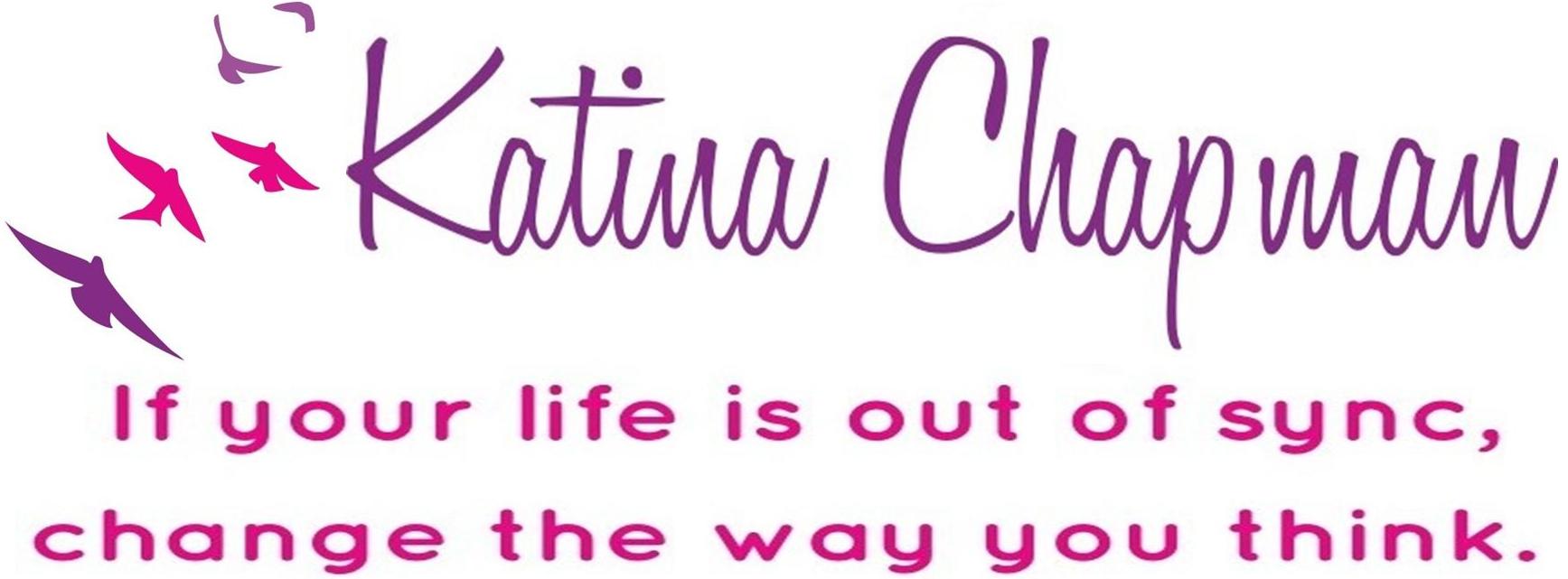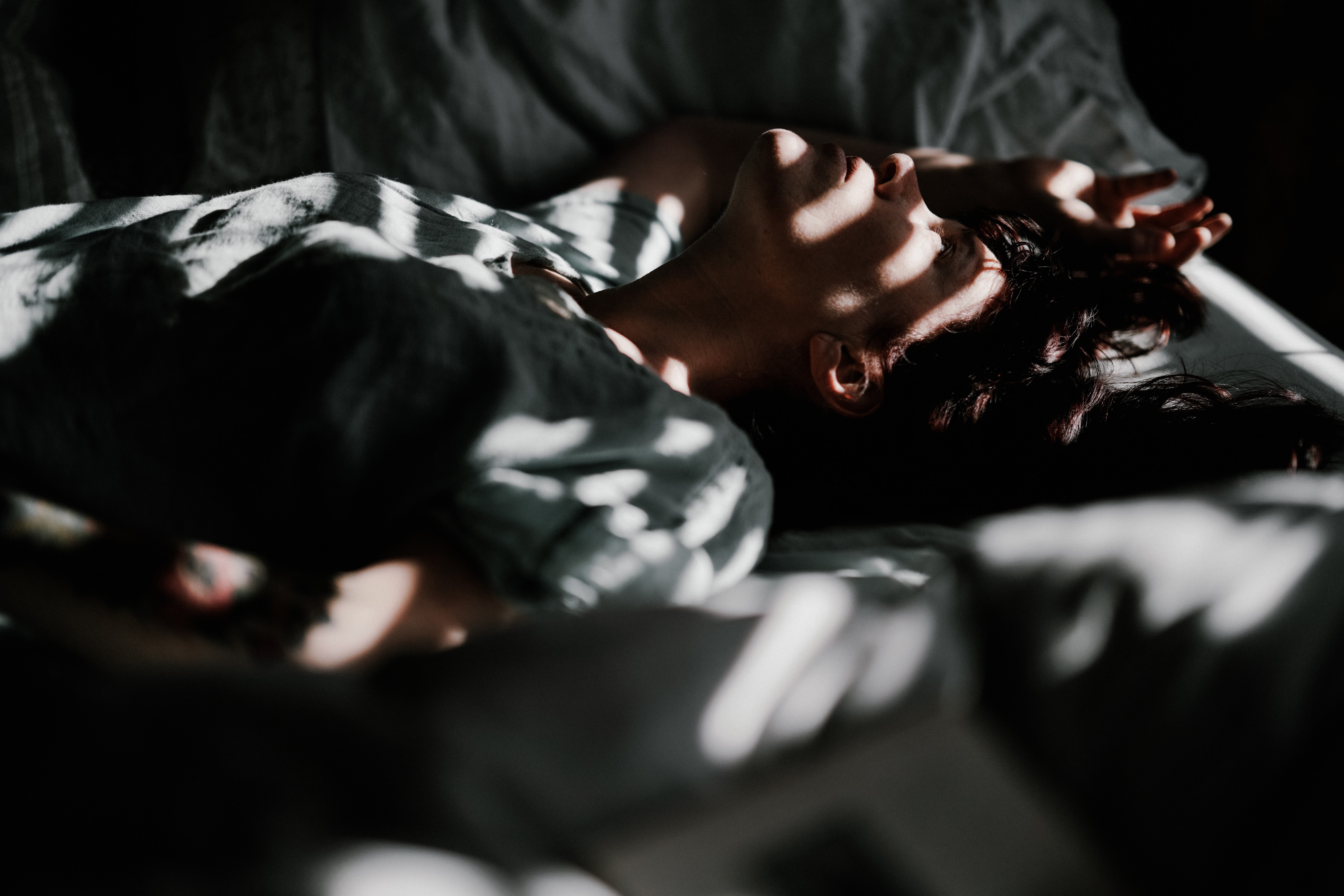How are you Sleeping?
The current pandemic has certainly changed the way we live our everyday lives.
It has affected many of our daily routines, and one of its biggest reported impacts has been that on sleep – sleep becomes more elusive when we are anxious.
Many people are suffering from sleep issues for the first time in their lives:
• awake for long periods
• unable to fall asleep at all
• wake up several times during the night
• more intense and emotional dreams
• tired and groggy the next morning
• find it difficult to concentrate or function properly
• feel irritable
But good sleep stratagems will help you sleep well and can limit the negative effects of poor sleep.
Hints for Calmer Sleep
Try these FIVE hints for calmer and better sleep.
1. Limit news intake and avoid your mobiles and tablets for at least an hour before bed.
Do something to boost your mood before bed – a humorous television programme or an uplifting podcast can help you sleep.
2. Have structure to your day
Our brains and bodies love structure. Wake, exercise, eat and sleep at similar times each day.
3. Focus on your breathing
Think about resting rather than sleeping. Follow your breathing by silently whispering the words ‘in’ and ‘out’ to induce sleep.
4. Learn to relax
Relaxation can switch off the stress response, physically and mentally. Find something that works for you – mindfulness meditation, progressive muscle relaxation, deep breathing or a long hot bath.
5. If you can’t sleep – get out of bed
Your bed should not be a battleground. Instead, try to enjoy the sensation of merely resting.
How Hypnosis can Help
Hypnosis can help many forms of sleep issues and insomnia.
If you are not sleeping well, and traditional treatments are not working, hypnosis may be able to help you sleep the way you deserve.
It uses different approaches to induce relaxation, such as focused attention, symptom control and guided imagery.
And, unlike sleep medications, it has no side effects, so it can be an aid for those who can’t or don’t want to take sleeping pills.
It can help overcome bedtime restlessness – ease the worry, tension and anxiety that prevent sleep – and can show the way to the deep, restorative sleep that we all need.
To get started, download this complimentary hypnosis recording. And take the first steps on the road to better sleep!
You can read more about how hypnotherapy can help with insomnia here and about my programme for insomnia here.
Photo from unsplash-logo
Annie Spratt

